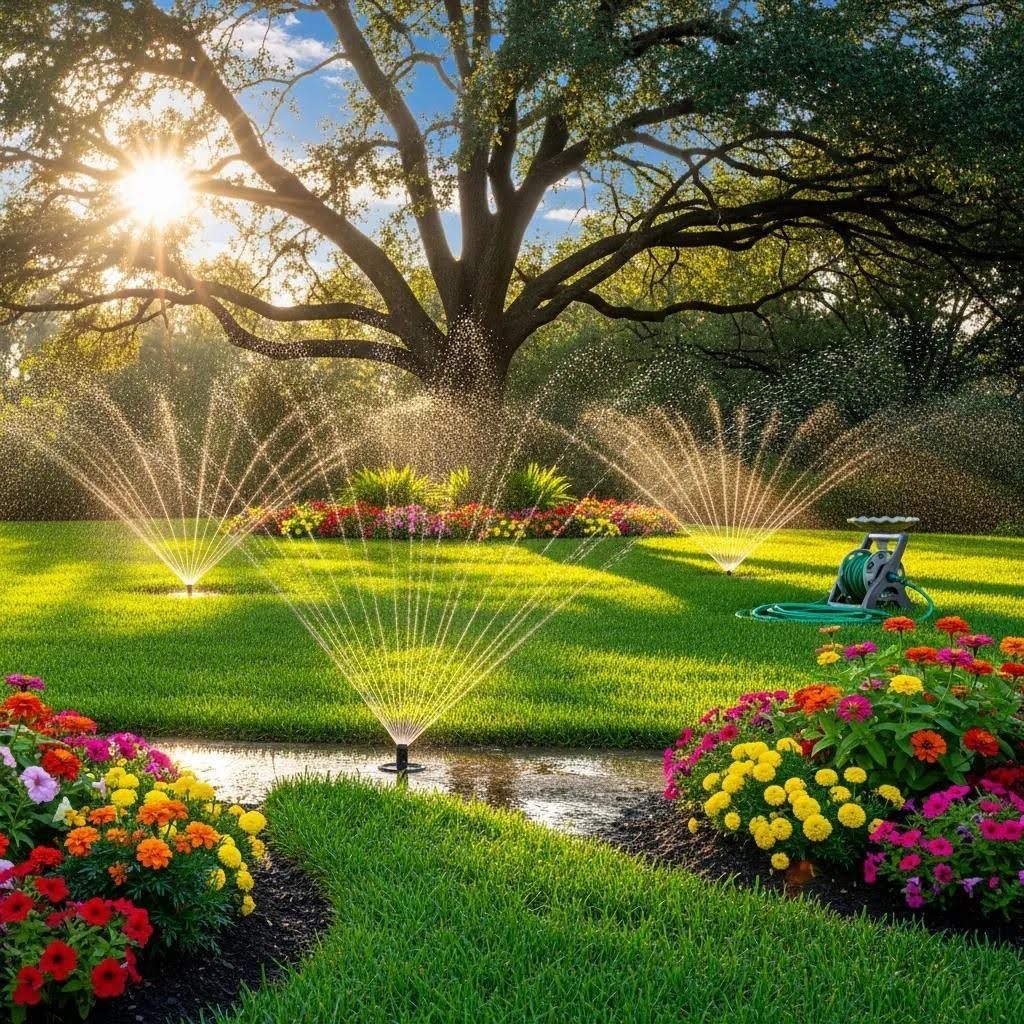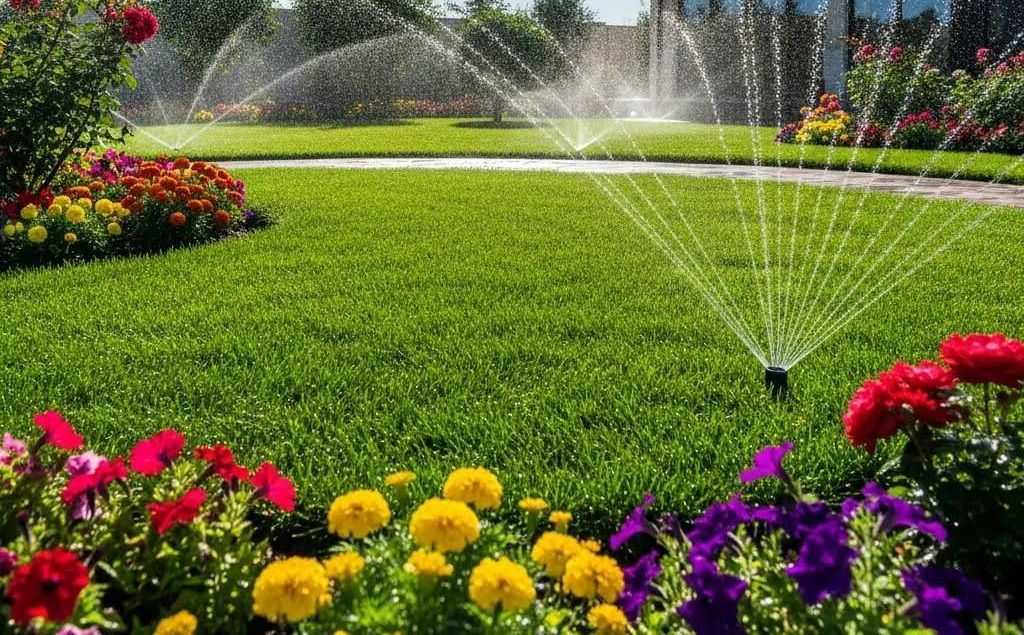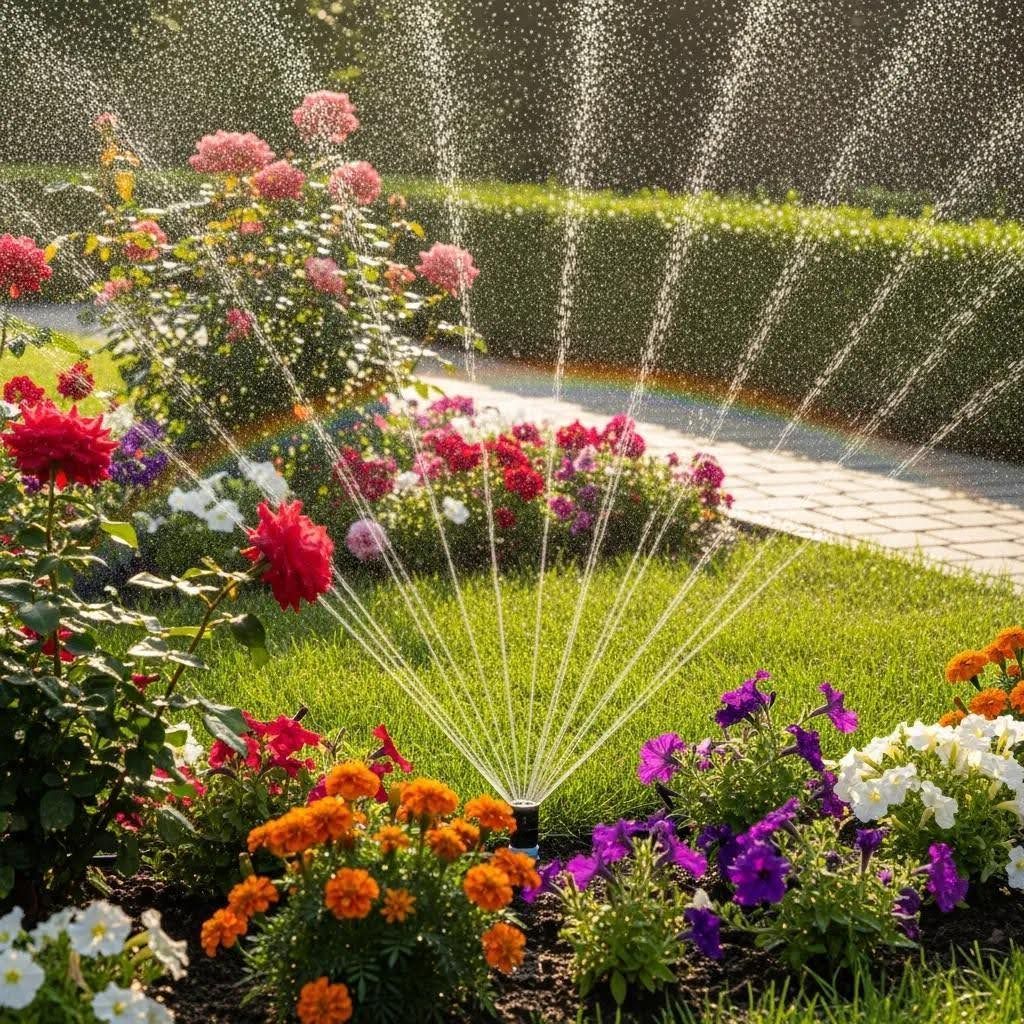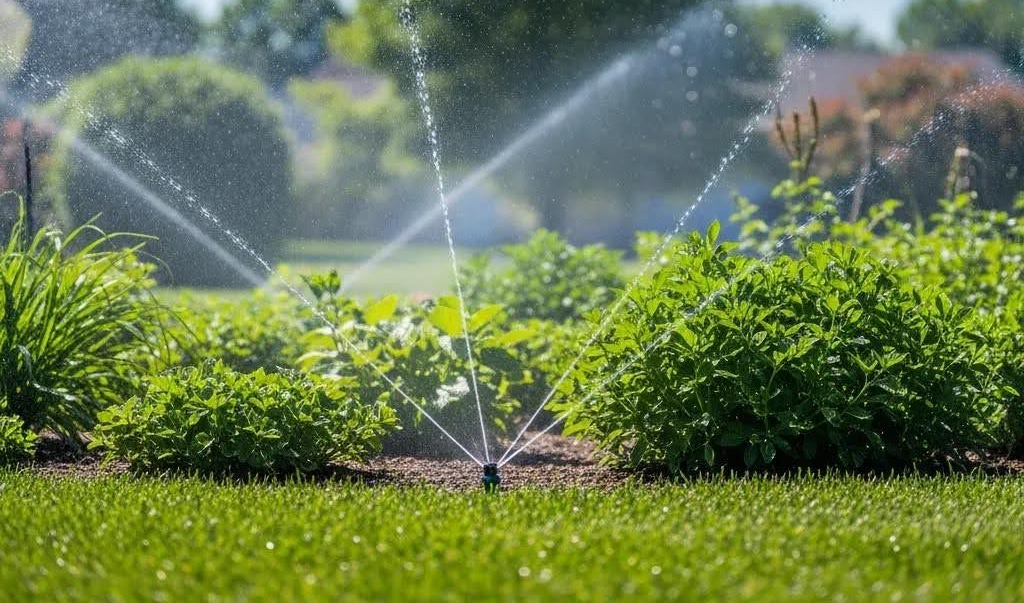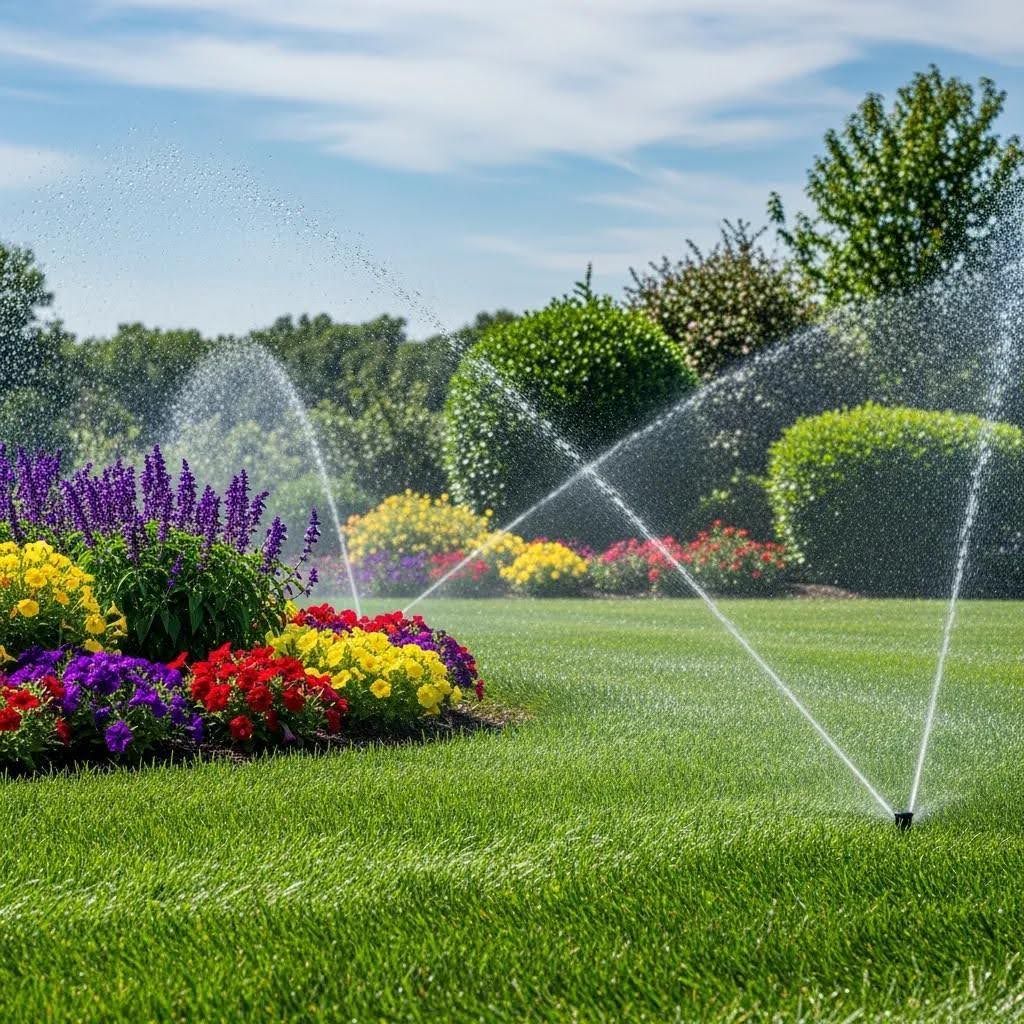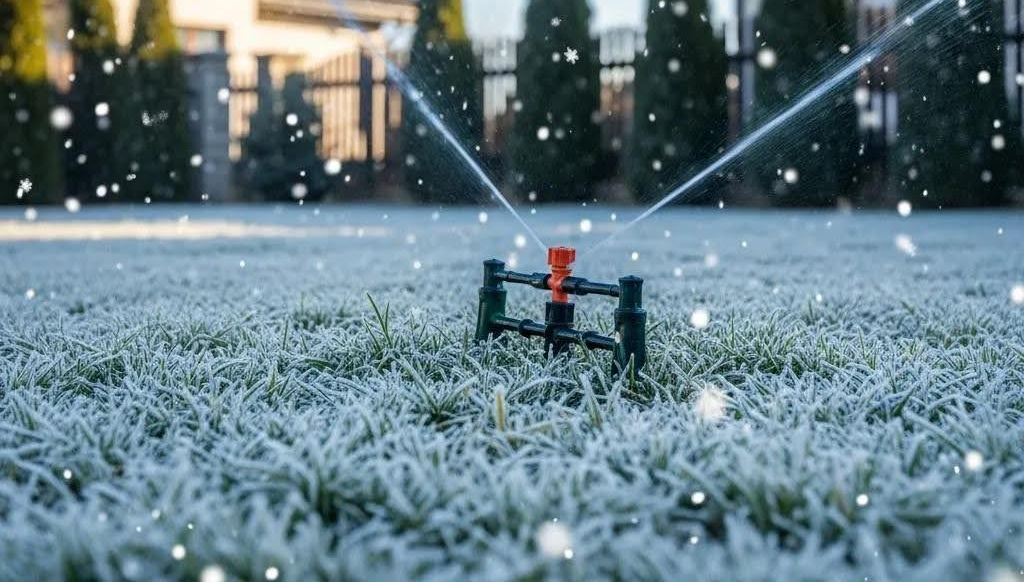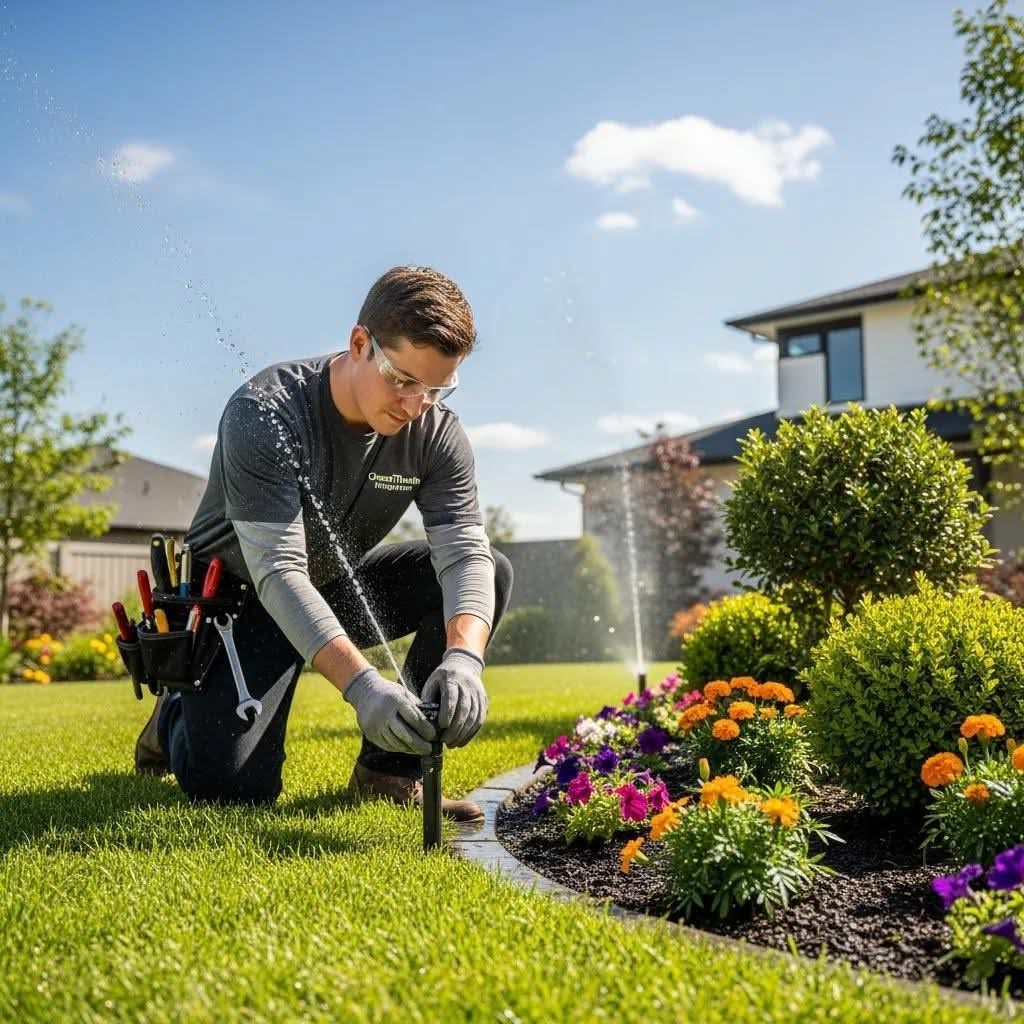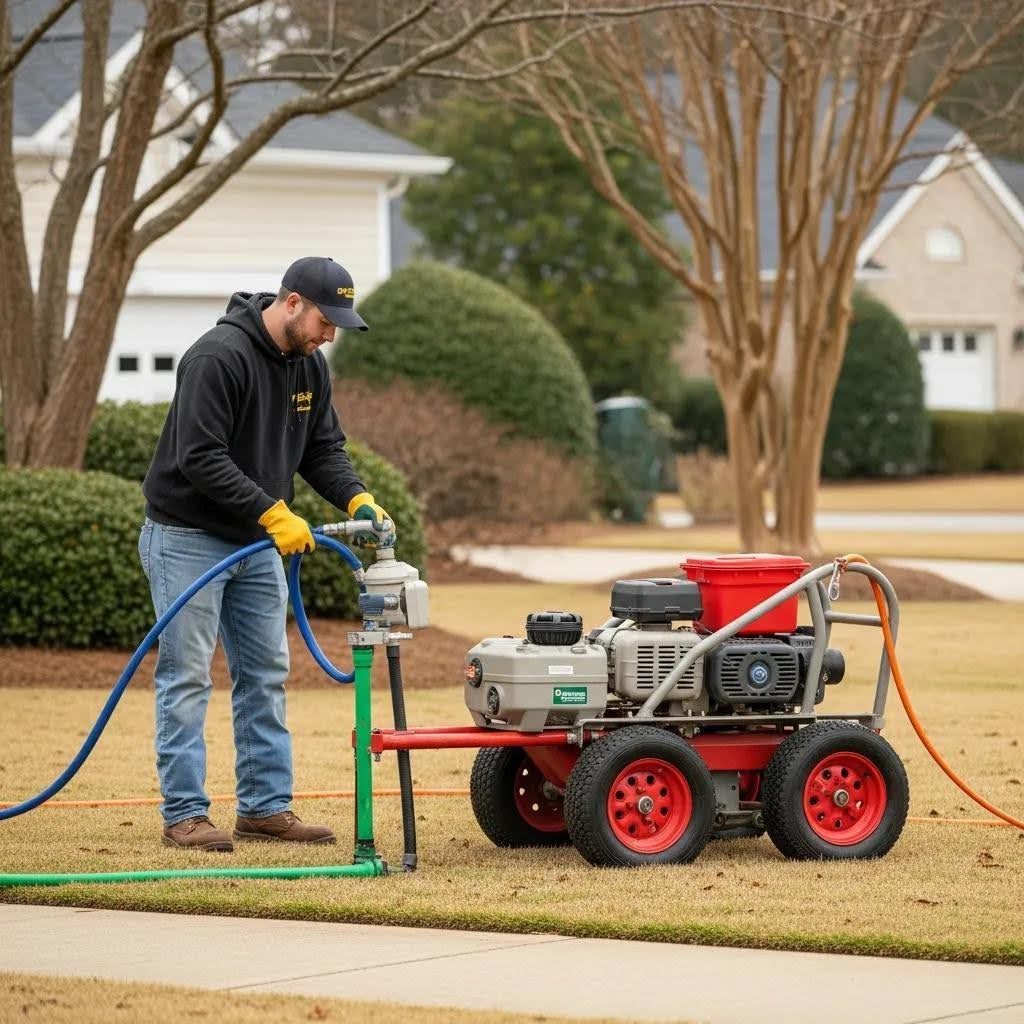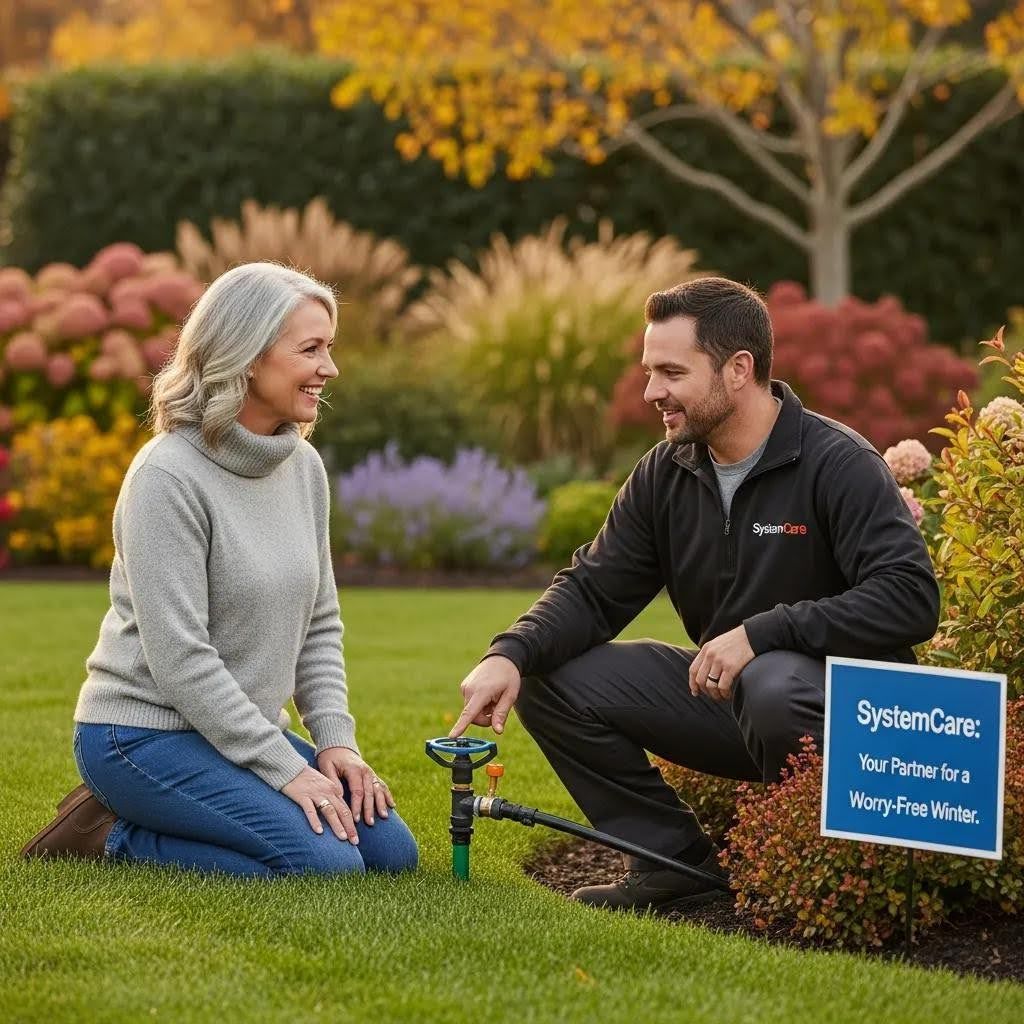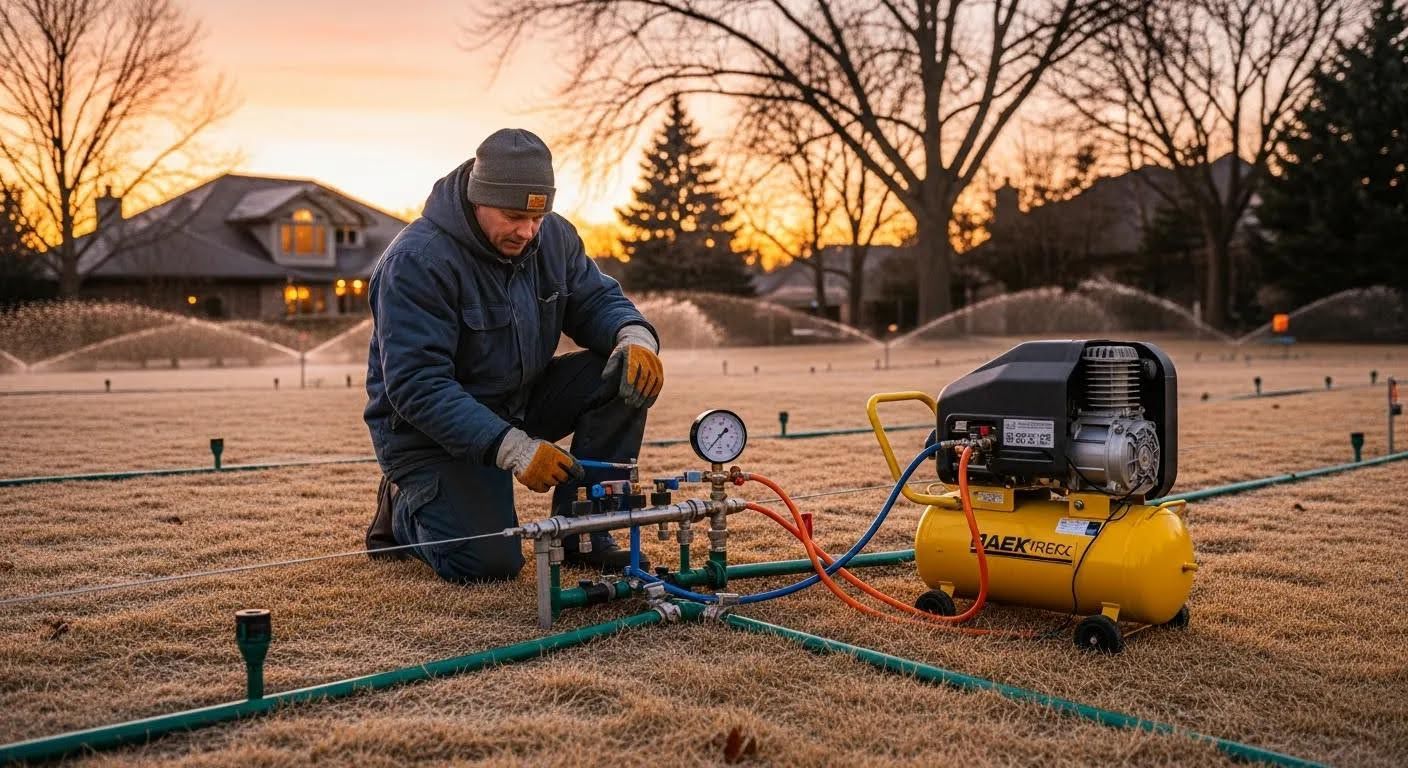How do I know if I need a French drain or just a grading service?
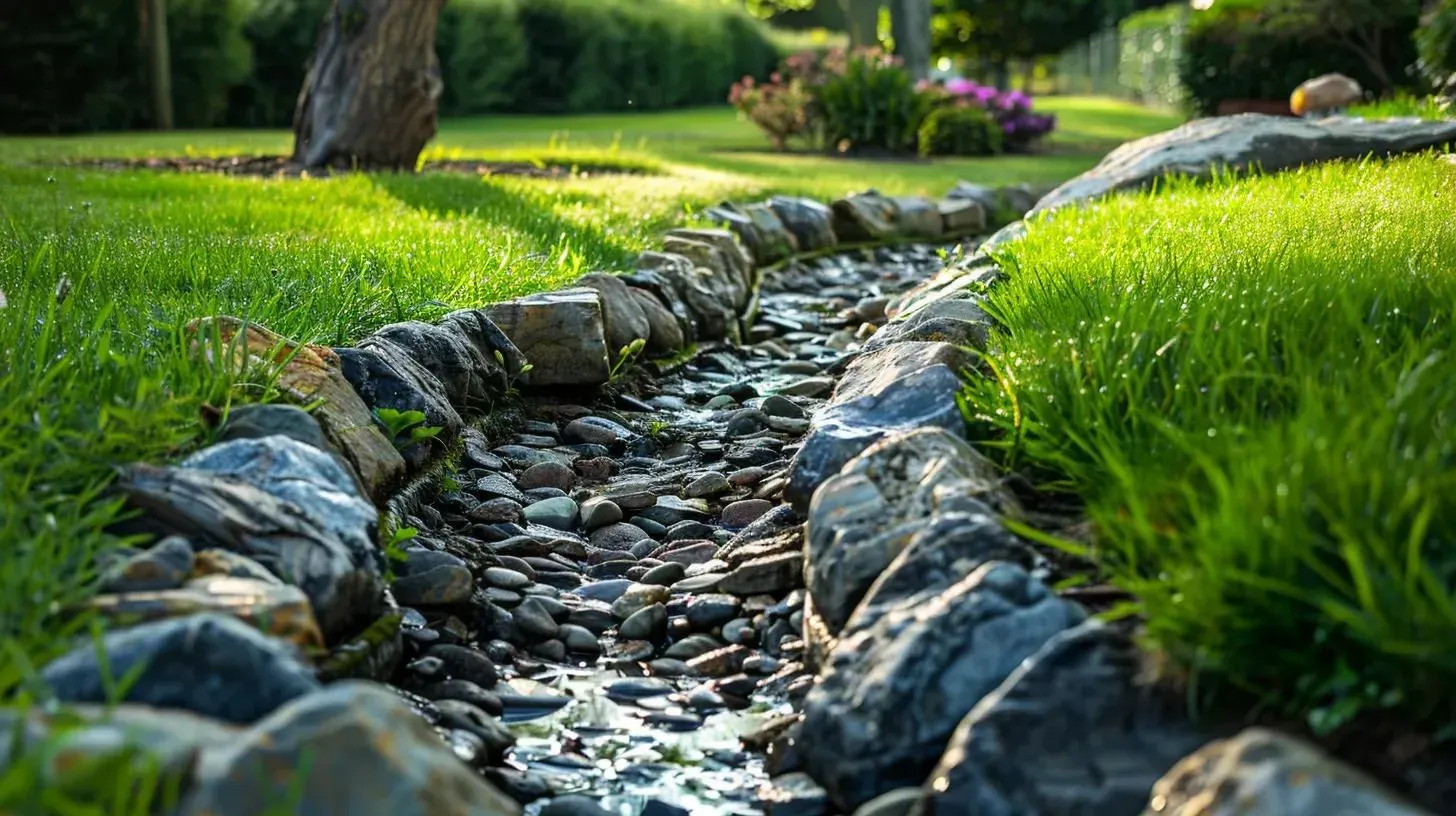
Every homeowner dreams of a lush, green lawn that invites barefoot strolls and backyard barbecues. Yet nothing kills that dream faster than pools of muddy water seeping into flower beds or eroding walkways after a heavy rain. If you’ve ever found yourself staring at a soggy yard, wondering whether you need a trench full of piping or simply a re-slope of your property, you’re not alone. In Hampton Roads, where coastal soils and seasonal downpours collide, choosing between grading and a French drain can feel like deciphering a secret code. With the right insights on Grading Service Hampton Roads and clear guidance on French drain installation cost estimate, you’ll be confident in selecting the perfect yard drainage solution for your home.
When should I consider a French drain instead of grading?
Determining whether to install a French drain or opt for a grading service often comes down to how water travels across and beneath your yard’s surface. If rainwater pools in isolated spots, or if you see water seeping near foundations despite a gently sloped lawn, subsurface flow may be the culprit. In these cases, surface grading alone won’t fix the problem. Instead, a French drain installation service near me can capture groundwater through perforated pipe wrapped in gravel, channeling it safely away from vulnerable areas.
Signs you need a French drain include persistent soggy patches that reappear even after your lawn has dried out, bulging soil along retaining walls, or water trickling toward your basement walls. A professional drainage assessment service can perform a soil percolation test or use a simple drainage probe to confirm whether subsurface water is at play. If that test reveals perched water tables or clay-packed subsoil with poor permeability, trenching a French drain is usually the most effective intervention.
How much does grading cost per acre, and is it worth it?
Regrading your yard involves adding or removing soil to create smooth, even slopes that divert rainfall away from structures and toward designated drainage swales. While a grading service near me for yard drainage might start as low as $1,500 per acre for minor adjustments, more extensive regrading projects can climb toward $3,000 or more, especially if heavy machinery is required. Costs vary based on soil type, accessibility, and the complexity of existing landscaping.
Even if the initial outlay seems steep, proper grading can be a low-maintenance, long-term solution that enhances plant health by ensuring even water distribution. Over time, the benefits often outweigh the upfront expenses, particularly for larger properties that require minimal disruption to install. When you weigh grading service costs against repeated French drain repairs or landscape erosion control, regrading emerges as a cost-effective choice for gently sloped yards without deep subsurface drainage issues.
Grading Service Hampton Roads: How yard grading improves drainage
Grading Service Hampton Roads can transform a soggy lawn into a dry, functional outdoor space. By reshaping the terrain, a skilled grading crew will ensure a 1–2% slope away from your home’s foundation over the first 10–20 feet, which is key to avoiding water intrusion. This slope equates to roughly 1/8 to 1/4 of an inch of drop per foot, subtle enough to go unnoticed yet powerful enough to redirect runoff naturally.
When performed by experienced landscapers, regrading blends seamlessly with existing topsoil and sod, leaving no visible trenches or pipes. Plant roots benefit from consistent moisture levels, reducing stress during heavy rains and droughts. Over time, the improved drainage can raise property value by preventing foundation damage, reducing mold risk, and protecting patios and walkways from undermining.
In this section, you’ll see just howYard drainage issues Hampton Roads demand precise grading contours and professional eye for subtle inclines.
Comparing costs: French drain vs. grading service
French drain installation typically costs between $15 and $25 per linear foot, while grading services run from $1,500 to $3,000 per acre.
While French drains carry higher per-foot costs due to piping, gravel, and labor for trenching, grading services benefit from economies of scale on larger properties. The key is matching the solution to your yard’s drainage profile rather than defaulting to the cheaper or more familiar option.
Pros and Cons: French drain vs grading
Advantages of French drains
A French drain excels where significant subsurface water is trapped by clay layers or perched water tables. It collects groundwater before it breaches surface planes, making it ideal for preventing basement leaks, alleviating hydrostatic pressure, and protecting retaining walls. Installation is discreet, hidden underground, and can be routed around beds, patios, or existing hardscapes without wholesale regrading.
Advantages of grading
Surface grading operates entirely above ground, preserving existing soil layers and minimizing disruption to root systems. It’s a passive solution requiring no mechanical components or long-term maintenance, aside from occasional soil infill. Grading also enhances the aesthetic flow of a landscape, creating natural contours that accentuate plantings and hardscape features.
Considerations for combined solutions
In some cases, the most robust yard drainage solutions lie in combining both approaches. A mild regrade can optimize surface flow, while strategically placed French drains tackle stubborn seepage zones. Such hybrid plans often emerge from a professional drainage assessment service, ensuring each section of your property receives the precise remedy it demands.
When weighing the French drain vs grading pros and cons, homeowners should factor in soil composition, existing landscaping, budget, and long-term yard usage. A bare yard slated for hardscaping has different needs than an established garden bed rich with perennials.
Signs you need a French drain
Spotting early indicators of subsurface drainage problems can save you time, money, and the frustration of repeated surface fixes. Watch for these red flags:
- Soggy spots that persist weeks after rainfall
- Cracked or heaving concrete near foundations
- Water pooling against basement walls or windows
- Unexplained dips or wet depressions in lawns
- Spongy feel when walking on select areas
When these symptoms emerge, a targeted French drain installation service near me can remove the hidden moisture source before structural damage occurs.
If you’ve noticed any of theSigns of Poor Yard Drainage, it’s time to call in the experts who can diagnose and remedy the issue before your plantings or home suffer irreparable harm.
How regrading tackles yard water pooling
Pooling water results when surface contours trap rain in low-lying pockets. Regrading addresses this by raising those pockets or deepening surrounding slopes to nudge water toward storm drains or natural runoff channels. During grading, contractors may import screened topsoil, rebuild berms, or cut gentle swales that blend with the natural topography.
Beyond solving immediate puddling, a well-executed grading project can prevent soil erosion by ensuring water flows at a velocity that doesn’t strip valuable topsoil. Over time, improved drainage also fosters healthier grassroots, reducing disease and promoting dense, green turf.
Discussing yard water pooling solution cost upfront helps homeowners budget for interventions and avoid price shocks. A clear cost estimate—itemized by excavation, soil delivery, and finish grading—demystifies the process.
When grading alone isn’t enough
Even the best grading plan can falter if heavy clay soils or hidden springs channel water beneath the surface. If you regrade and still observe saturated spots, the problem lies deeper than mere surface flow. In such scenarios, layering a French drain beneath the new grade line ensures groundwater is intercepted before it re-emerges on the surface.
By combining grading with a shallow trench of perforated pipe, you create a dual-action system that handles both overland flow and subsurface seepage. This hybrid approach is especially valuable in yards near wetlands or properties with seasonal high water tables.
Residential grading vs French drain effectiveness
When measuring long-term performance, each method shines in different contexts. Grading demonstrates sustained success on properties where surface runoff is the principal challenge. French drains, however, provide unmatched precision for subsurface control, particularly important for homes with basements or waterfront lots.
Effectiveness also depends on installation quality. A poorly graded yard can redirect water toward unintended areas, while an improperly sloped French drain pipe can become a stagnant belly, defeating its purpose. Hiring experienced professionals with a track record of successful projects in your region is the best safeguard.
Planning your drainage project: step by step
- Initial site evaluation – A thorough walk-through to identify flow patterns, pooling zones, and soil conditions.
- Soil analysis – Testing percolation rates and soil composition to determine the best system.
- Solution design – Mapping out grading contours, trench lines for French drains, and final discharge points.
- Permitting and utility checks – Securing local approvals and marking underground lines.
- Installation – Executing grading or trenching with heavy equipment, followed by pipe and gravel placement for drains.
- Final grading and restoration – Smoothing surfaces, reinstalling sod, and ensuring proper establishment.
Although many homeowners ask for an “all-in one” price, breaking down each step helps with transparency and avoids surprises. For a detailed breakdown of theCost of fixing yard drainage grading, request a line-item estimate before work begins.
Maintenance tips: keeping your system functional
Once your French drain or regrade is complete, simple upkeep ensures it continues to perform:
- Clear debris from surface drains and swales after storms
- Inspect downspout extensions and daylighting points annually
- Refill low spots in graded areas with screened topsoil
- Flush French drains via clean-out risers every few years
- Keep landscape fabric and gravel in place around drain intakes
Proper maintenance extends the life of your drainage investment, avoiding costly repairs down the road.
Remember, if you ever need guidance or a follow-up inspection, don’t hesitate toContact us for routine checkups and expert advice on preserving a dry, vibrant lawn.
Professional drainage assessment: why it matters
DIY drainage fixes may seem appealing, but misreading slope, underestimating subsurface flow, or overlooking utility lines can create bigger headaches. A professional drainage assessment service leverages laser levels, soil probes, and hydrological insights to craft a tailored plan. With accurate data, you’ll know exactly whether grading, a French drain, or a combined system offers the best return on investment.
Seasoned assessors also account for future landscape changes, ensuring your solution remains effective even if you add hardscapes, sheds, or garden beds. By front-loading the design phase, you protect your home from water damage and avoid the risk of repetitive fixes.
Bringing it all together: choosing your path
If your lawn slopes gently toward the street and you’ve only spotted occasional puddles, a Grading Service Hampton Roads is likely your best first step. For yards plagued by stubborn soggy spots that defy surface fixes, look to a French drain installation cost estimate to plan your trenching project. And for properties where water issues straddle both realms, a hybrid approach—surface regrading paired with targeted French drains—delivers comprehensive, long-lasting results.
No matter which route you choose, partnering with a local expert ensures every elevation adjustment and pipe run aligns with regional soil quirks and building codes. With the right plan in place, you’ll swap soggy frustrations for a stable, inviting outdoor space you can enjoy year-round.
In closing, if you’re ready to transform your yard or simply need a second opinion, reach out toHampton Roads Irrigation & Landscape. Our team specializes in diagnosing yard drainage issues Hampton Roads and delivering precise grading and French drain solutions that stand the test of time.
Frequently Asked Questions
What is the primary difference between a French drain and regrading?
A French drain handles subsurface water by collecting it through perforated piping and gravel, while regrading reshapes the surface slope to redirect water runoff naturally. The former addresses groundwater, the latter targets surface flow.
How deep should a French drain trench be?
Most residential French drain trenches are 12–24 inches deep, with the perforated pipe placed at the bottom and wrapped in non-woven geotextile. Depth depends on the volume of water and the soil’s percolation rate.
Can I combine a French drain with grading?
Yes. Combining surface grading to guide rainwater with subsurface French drain trenches creates a robust system that tackles both overland runoff and hidden water seepage.
How long does a grading project take?
For an average residential lawn (around half an acre), grading usually takes 1–3 days, depending on access, soil conditions, and the extent of contour adjustments. Final turf re-establishment may add a few more days.
Do I need a permit for French drain installation?
Permit requirements vary by locality. In many Hampton Roads communities, trenching up to certain lengths is exempt, but always verify with your municipal building or stormwater department to comply with regulations.
